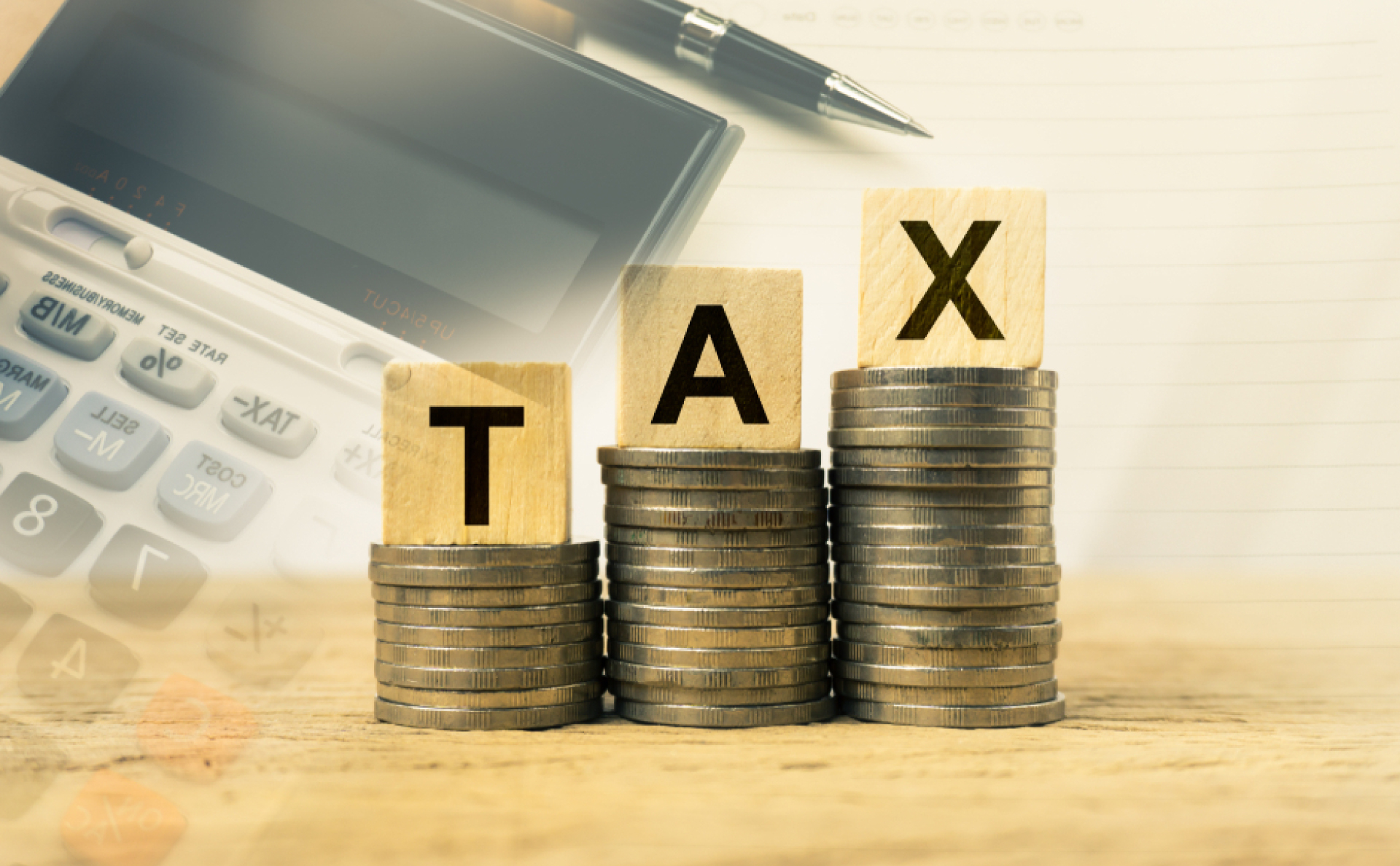The Lahore High Court (LHC) has ruled that the super tax under Section 4C (Super Tax on High-Earning Persons) of the Income Tax Ordinance, 2001, cannot be imposed retrospectively on companies and individuals for the tax year 2022. This decision, delivered on Tuesday, brings significant relief to taxpayers who had challenged the imposition of the super tax, arguing that its retrospective application violated their vested rights.
The petitioners, comprising various companies and high-earning individuals, had challenged the retrospective imposition of the super tax for the tax year 2022. They argued that this retrospective application impaired their vested rights, as it altered their tax liabilities for transactions that were already closed by the end of the tax year on June 30, 2022.
In a detailed judgment (ICA No. 48745 of 2023) issued by a two-member bench, the LHC allowed the appeals filed by the appellants/taxpayers. The court set aside the part of the impugned judgment that upheld the retrospective application of Section 4C, specifically the words “for the tax year 2022.” The LHC declared that these words could not impair or whittle away the rights that had already been conferred on the appellants by the end of the tax year 2022.
The LHC’s judgment emphasizes that the super tax under Section 4C cannot be imposed on the appellants for the tax year 2022, including those with a special tax year. The court highlighted that any attempt to impose the tax retrospectively would violate the principle of non-retroactivity, which protects taxpayers from being subjected to new tax liabilities on past transactions.
A central issue in this litigation was the discriminatory application of different tax rates. The LHC noted that certain sectors were being taxed at higher rates without any intelligible criteria, thereby isolating them from others in similar positions who earned income in the same bracket. This discriminatory taxation was deemed unjust and without legal basis.
The LHC’s decision aligns with similar rulings by the Sindh High Court and the Islamabad High Court, where similar challenges were brought against the retrospective application of the super tax. The LHC concurred with the conclusions reached by these courts but arrived at the same result through a different legal reasoning. This consistency across multiple high courts reinforces the legal principle against retrospective taxation without clear and justified criteria.
This landmark judgment by the LHC has significant implications for high-earning individuals and companies in Pakistan. It provides a clear precedent that protects taxpayers from retrospective tax liabilities, ensuring that their rights for closed transactions are not impaired by subsequent legislative changes. The decision underscores the importance of fair and predictable tax laws, which do not penalize taxpayers for past transactions under newly imposed tax obligations.
Following this judgment, the Federal Board of Revenue (FBR) and other tax authorities will need to adjust their enforcement strategies to comply with the court’s ruling. Any attempts to impose the super tax retrospectively for the tax year 2022 will likely face legal challenges and be deemed invalid based on this precedent.
Moreover, this judgment may influence future tax legislation and policy-making, prompting lawmakers to consider the principles of non-retroactivity and fairness in taxation. Ensuring that new tax laws do not adversely affect closed transactions will be crucial for maintaining taxpayer confidence and compliance.



